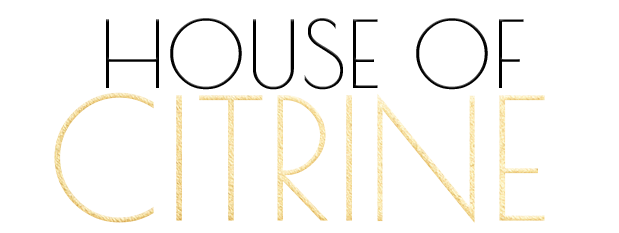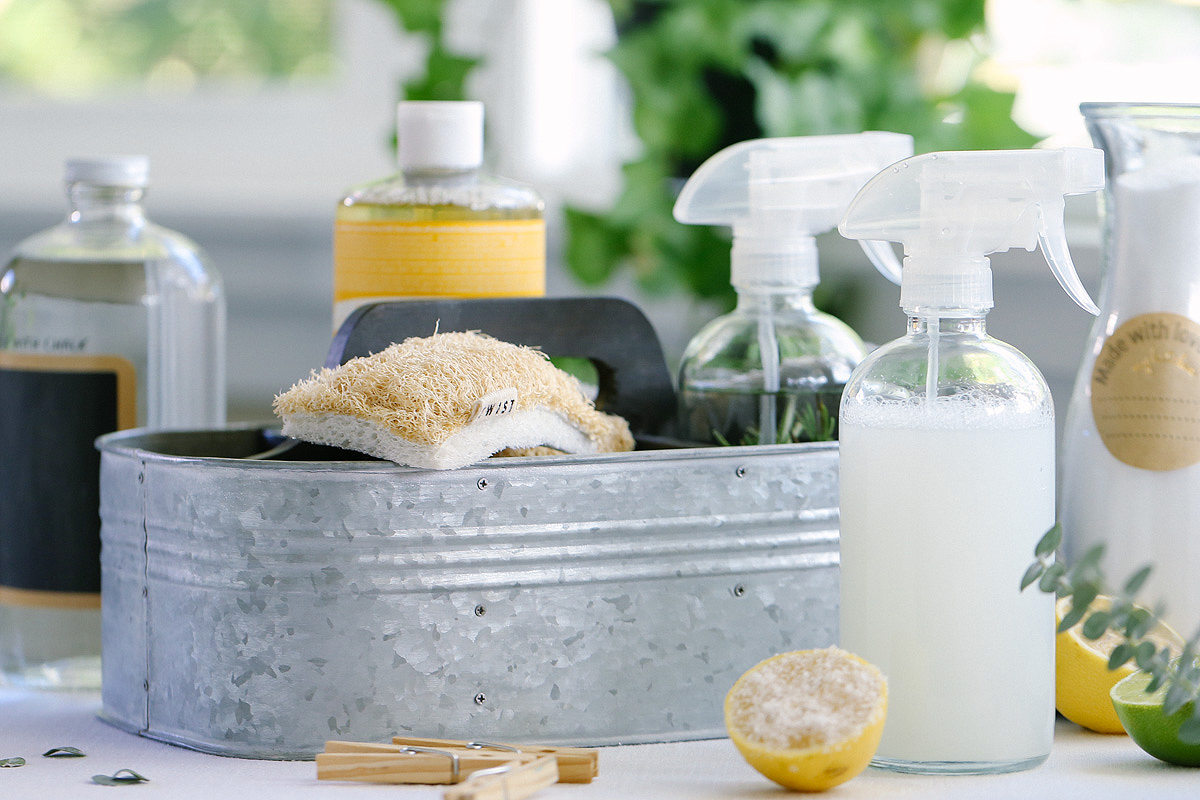This Spring, spring into action and make some simple changes if you want to get healthy and stay healthy. Begin by taking small steps to make your home toxin-free. It’s really pretty simple. Start by first becoming aware of what goes in you, on you, and surrounds you. Here are 5 easy steps to decrease the amount of chemical toxins you are exposed to daily.
1. Cookware: Phase in new pots and pans.
You used to hear: Nonstick cookware is dangerous only if you heat it at a high temp without food in the pan or pot.
Now we know: The chemicals that make pots and pans nonstick are pretty terrible. They can get into food and migrate into air, water, and soil. A group of scientists published this opinion in Environmental Health Perspectives; their statement carries more than 200 scientists' signatures calling for researchers, governments, and manufacturers to limit the production and use of the water- and oil-repellent chemicals called PFASs and to develop safer alternatives.
Detox right now: Start cooking your eggs in stainless steel.
Shop smarter next time: As your nonstick cookware wears out, replace it with stainless steel, cast iron, and ceramic—pieces can be found for under $30. And consider swapping anything with PFASs, including stain-resistant and waterproof clothes.
2. Food Containers: Toss your plastic
You used to hear: As long as your plastics are BPA-free, you're good.
Now we know: Just when you've finally sprung for all "BPA-free" plastics, that label isn't enough anymore. One of the chemicals that replaced BPA is BPS, and recent studies show it's potentially just as bad.
Detox right now: Avoid storing your leftover pasta sauce (or any other acidic food) in plastic. Don't microwave in plastic containers or even leave them in a hot car—the heat and acid exacerbate the leaching of BPS.
Shop smarter next time: When your plastic containers mysteriously go missing or get cracked and need to be replaced, choose glass or stainless steel (which is just as light as plastic for toting to work). And, sorry, price isn't a good excuse: A 10-piece set of glass food-storage containers (that will last forever) costs less than $20.
3. Couches & Cushions: Use Caution!
You used to hear: Fire retardants may not be the best for your health, but they're deep inside your couch, so what can you do about it?
Now we know: They're way more insidious than we thought. Studies show these chemicals get into the air and settle as dust. From there, some of them, including a class called PBDEs, can accumulate in blood and breast milk and have been associated with lower IQs and impaired motor skills in children. Research has found that about 97% of American adults have measurable levels of these chemicals in their urine. A recent study from the University of New Hampshire found that PBDEs can cause metabolic and liver problems that can lead to insulin resistance.
Detox right now: Vacuum regularly with a HEPA filter and wipe surfaces with a wet cloth or mop to reduce dust and chemical residue.
Shop smarter next time: If you live in California, you can inspect the label on furniture (like couches, upholstered chairs, futons, carpet padding) to determine if it's free of chemical flame retardants, thanks to the Center for Environmental Health's cosponsorship of a bill last year requiring manufacturers to identify products containing them. Many stores, including Ikea and Williams-Sonoma, are slowly starting to follow suit, so make sure to always ask before you buy. You can also look for furniture made of additive-free, flame-resistant materials such as wool. It may not be practical to get rid of your current sofa, so if you're planning to reupholster, consider replacing the old foam with retardant-free foam at the same time. San Francisco–based company Foamorder.com offers chemical-free foam replacement for your old cushions; prices range from $45 to $95 per cushion.
4. Shower Curtains & Home Fragrance: What’s that Smell?
You used to hear: Phthalates are found only in shower curtain liners.
Now we know: Replacing your shower curtain liners is still a good call, but now we have to worry about phthalates elsewhere. Everywhere. The key word: fragrance. There can be up to 100 different chemicals hidden in that harmless-sounding term—including phthalates. Exposure to the chemical DEP, the most common phthalate in fragrance, has been associated with lower sperm count, sperm damage, and endocrine disruption.
Detox right now: Quit with the air fresheners and skip fragrance-laden products whenever possible.
Shop smarter next time: Look for shower curtain liners made with phthalate-free alternatives to PVC like PEVA, EVA, cotton, hemp, or linen, available for under $10. Shop for detergents, fabric softeners, and other cleaning products that are fragrance-free or made with natural scents.
5. Countertop Sprays: You're breeding superbugs. Stop it!
You used to hear: Skip antibacterial soap so you don't contribute to the drug-resistant-bacteria problem, but wipes and sprays are fine.
Now we know: Surprise! You should avoid using antimicrobial wipes and sprays, too. Certain types, including those with triclosan and quaternary ammonium compounds, can, if you use them routinely, create drug-resistant bacteria that can enter your body.
Detox right now: Scrub surfaces with cleaners you make yourself with ingredients like hydrogen peroxide, vinegar, and baking soda.
Shop smarter next time: Seek out cleaning products displaying Green Seal or EcoLogo certification, which means they adhere to certain science-based health and environmental standards.
Beth Greer is an award-winning journalist, green holistic health educator, healthy home expert and impassioned champion of toxin-free living. Visit her site Super Natural Mom and get her book Super Natural Home for more on living toxic free.








